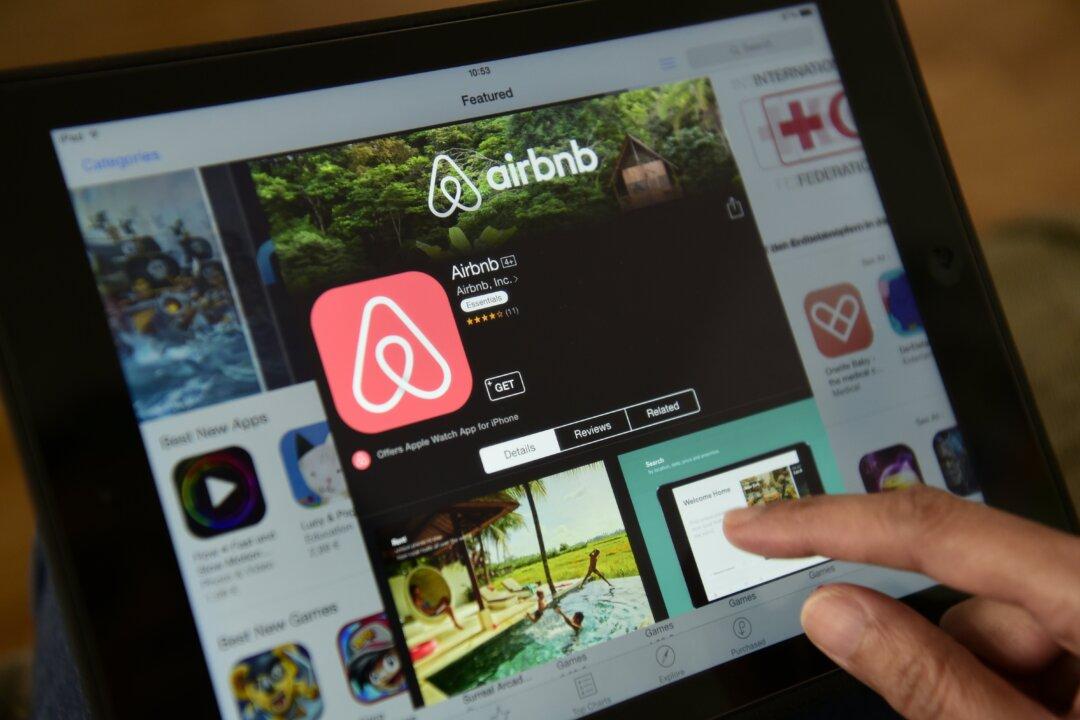Airbnb is suspending its operations in Russia and Belarus, Chief Executive Officer Brian Chesky announced on Thursday.
Chesky made the announcement on Twitter shortly after the company said it would offer free, short-term housing to up to 100,000 refugees fleeing Ukraine due to the invasion by Russian forces.




